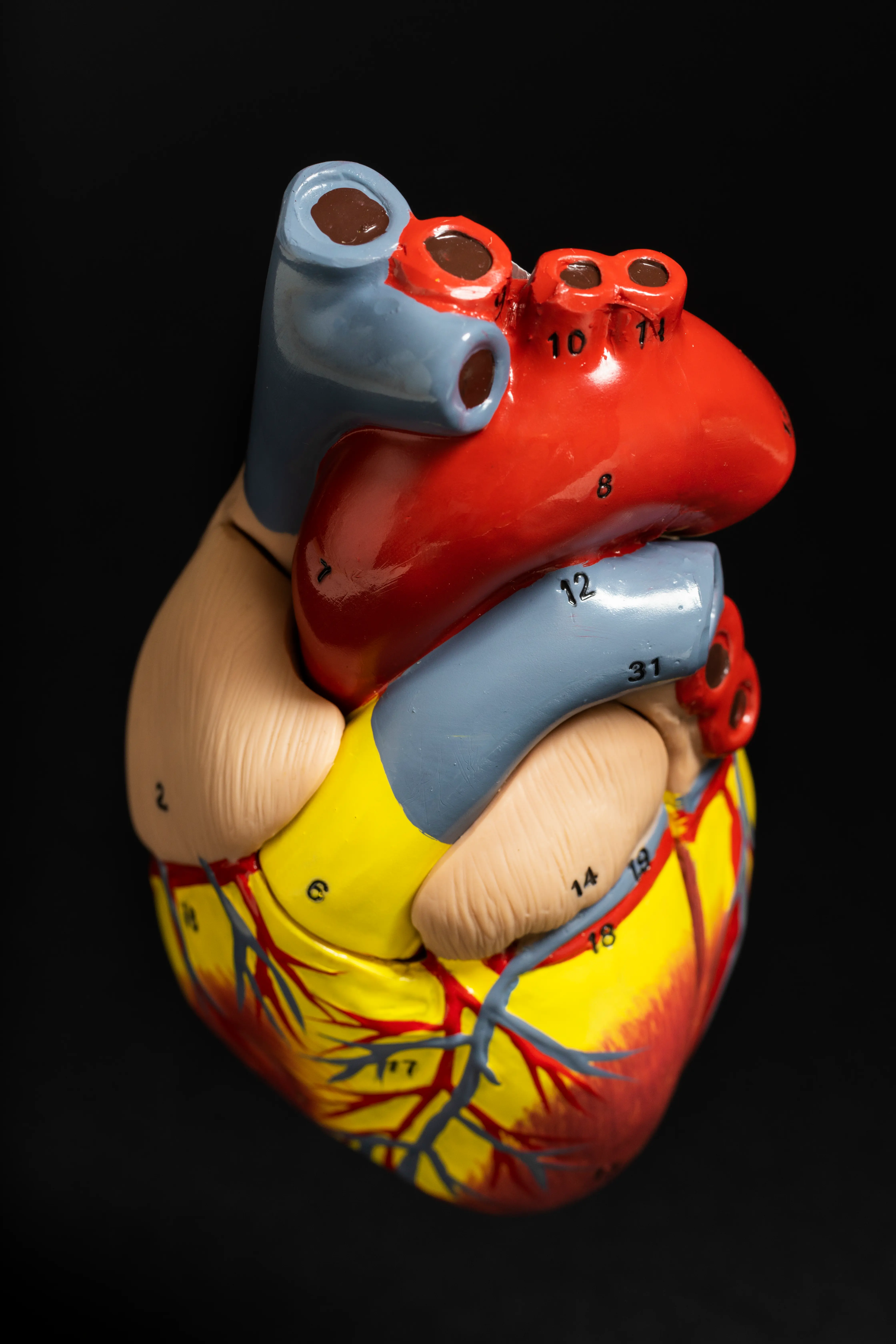A healthy heart is the key to a long and active life. Yet cardiovascular diseases are still responsible for over a third of all deaths in Germany. Worldwide, around 17.3 million people die each year as a result of cardiovascular disease, with estimates predicting an increase to up to 23.6 million by 2030.
Even though the spectrum of cardiovascular diseases is broad, many of these diseases are closely linked to risk factors such as high blood pressure, obesity, and diabetes, and develop over the years, also influenced by an unhealthy lifestyle. Because many risks can be minimized.
Which heart diseases are often the result of lifestyle? "Before you start healing someone, ask them if they are willing to give up the things that made them sick," Hippocrates of Cos said, who was born around 460 BC. So the question arises, what unhealthy things do we do that harm us?" so PD Dr. Dr. Ferdinand Vogt, Senior Consultant Cardiac Surgery at Artende Klinikum München Süd.
"Unhealthy diet, smoking, alcohol, lack of exercise, negative stress, and lack of sleep are the strongest triggers here, which cause high blood pressure leading to damage to the vessel walls and thus to atherosclerosis, that is, deposits in our vessels, and thus causing narrowing or even blockages. In the worst case, this leads to a heart attack or stroke. But heart rhythm disturbances or heart failure (heart weakness) can also be the result." (By the way: Our expert explains how high the risk of heart attack is for women here in the podcast.)
"Life’s Essential 8" by the American Heart Association: The Guide for a Healthy Life
The American Heart Association (AHA) has developed the "Life’s Essential 8" – a scientifically based list of eight key factors for optimal heart health. These recommendations not only help reduce the risk of cardiovascular diseases but also slow down biological aging. Even people with a genetic predisposition to accelerated aging benefit from these simple yet effective measures for heart health:
1. Healthy Eating
A balanced diet is the foundation for a healthy heart. The AHA recommends eating vegetables, fruits, whole grains, beans, legumes, nuts, plant-based proteins, lean animal protein, skinless poultry, fatty fish, and seafood daily.





















